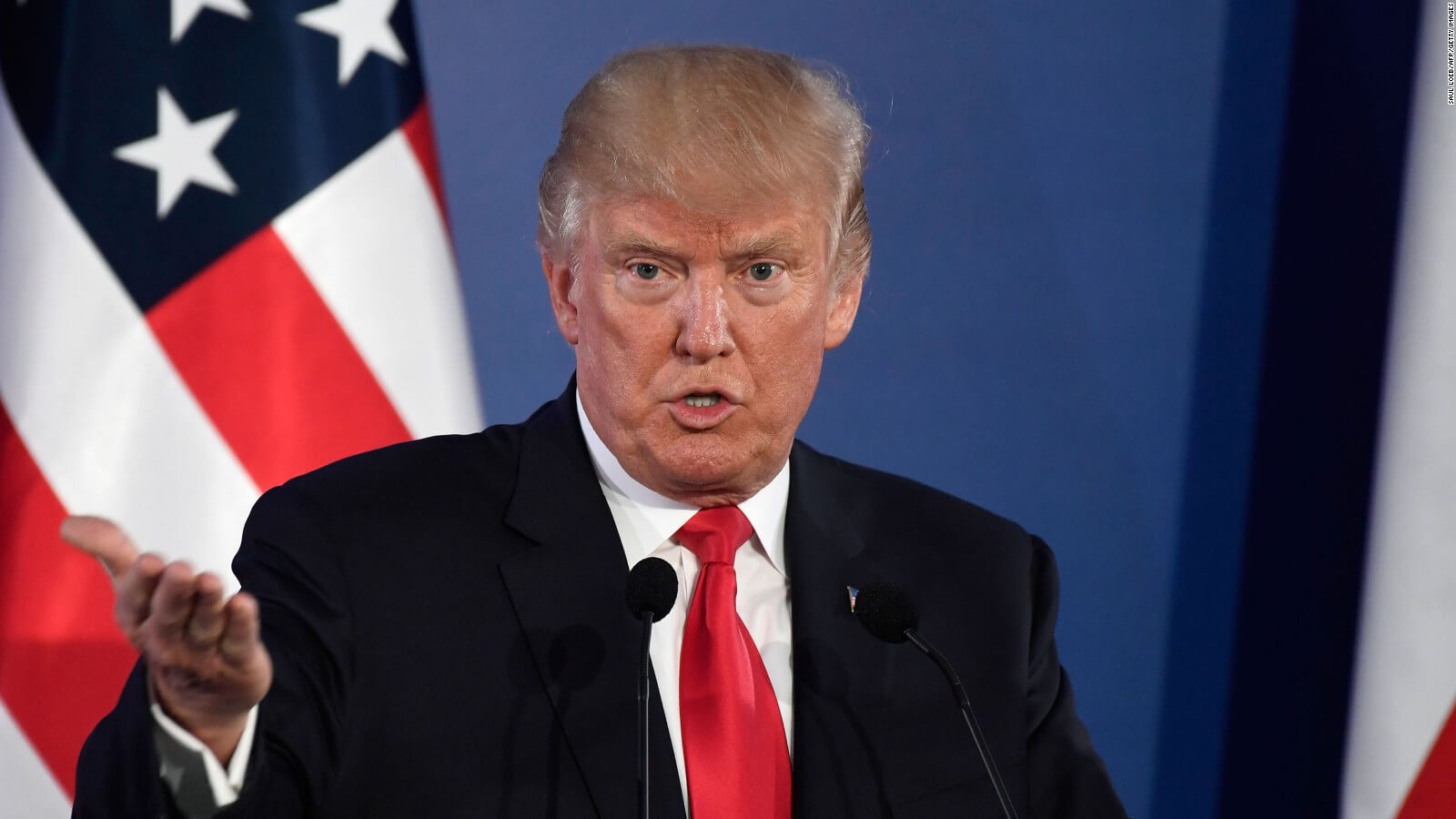Singapore-based Broadcom's long-running attempts to purchase rival chipmaker Qualcomm could be at an end. Yesterday, President Trump issued an order blocking the acquisition and anything "substantially equivalent" over claims it could "impair the national security" of the US.
Broadcom has made several offers to buy Qualcomm since last November but has continually been turned down. The proposed deal had come under scrutiny from the Committee on Foreign Investment in the United States (CFIUS), who also said the takeover would pose a security risk. CFIUS warned that if Broadcom purchased Qualcomm, it would weaken the US firm's position against Chinese rivals, thereby allowing companies such as Huawei to dominate the 5G wireless industry, leaving America behind.
Based on CFIUS's recommendations, Trump has issued an order under the Defense Protection Act of 1950 prohibiting any merger or acquisition.
"There is credible evidence that leads me to believe that Broadcom Limited, a limited company organized under the laws of Singapore (Broadcom) [...] through exercising control of Qualcomm Incorporated (Qualcomm), a Delaware corporation, might take action that threatens to impair the national security of the United States," reads a White House statement.
Trump's order also disqualifies all 15 of Broadcom's proposed candidates for Qualcomm's board from standing for election.
Broadcom had hoped plans to move its headquarters from Singapore to the US would allow the deal to go through. "US national security concerns are not a risk to closing, as Broadcom never plans to acquire Qualcomm before it completes redomiciliation," it said, in a statement. As Trump's order says the firms should "permanently abandon the proposed takeover," it appears that relocating to the US isn't going to help Broadcom's cause.
In a statement yesterday, Broadcom said it is reviewing the order and "strongly disagrees" that its proposed acquisition raises any national security concerns.
